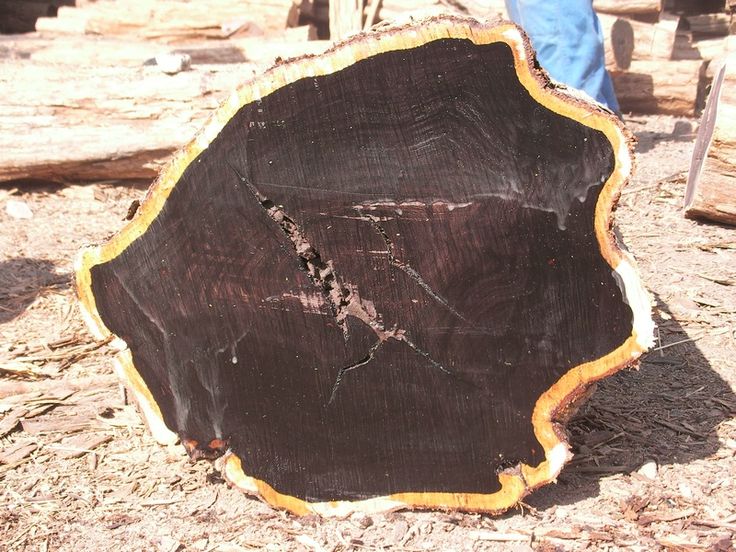Meaning
Shades of Black
Ebony, a rich dark wood prized for its beauty and strength, has lent its name to a color, a gemstone, and even a person’s complexion. Understanding the meaning behind “ebony” requires delving into its etymology and historical context.
The word “ebony” originates from the Greek word “ebōn,” meaning “black tree.” This refers specifically to the African ebony tree (Diospyros ebenum), native to India and tropical Africa.
The wood of this tree is exceptionally hard, black or very dark brown in color, and highly polished. It has been valued since antiquity for its use in crafting furniture, musical instruments, and decorative items.
The name “ebony” gained widespread use in the English language during the Middle Ages when European traders began importing ebony wood from Africa.
Over time, the association of “ebony” with blackness expanded beyond the literal color of the wood. It became a metaphorical term to describe anything exceptionally black or dark in color.
This metaphorical use led to its application in describing people of African descent. While this usage reflects a historical connection to the beauty and strength symbolized by ebony, it also carries the weight of colonialism, racism, and objectification.
Today, the term “ebony” can be used as a color descriptor or a noun referring to black people, but it’s important to be mindful of its complex history and potential for harm.
Beyond Color: Symbolism and Association
The name “Ebony” transcends its literal meaning as a type of dark wood to embody a rich tapestry of symbolism and association. Its origins lie in the African continent, where ebony trees held cultural significance and practical value for centuries.
Cultural Significance
- In many African societies, ebony wood was highly prized for its hardness, durability, and beautiful dark color. It was used to craft furniture, tools, sculptures, and ceremonial objects.
- Ebony’s association with strength, power, and longevity made it a symbol of royalty and prestige in certain cultures.
The Color Black
- Beyond its physical attributes, ebony is inextricably linked to the color black, which holds diverse symbolic meanings across cultures.
- Black can represent power, mystery, elegance, sophistication, and even mourning.
Modern Connotations
- Today, the name “Ebony” evokes a sense of strength, beauty, and cultural heritage. It is often associated with intelligence, creativity, and resilience.
- In recent times, the name has gained further prominence as a symbol of Black pride and empowerment.
The enduring power of “Ebony” lies in its ability to transcend mere definition and resonate with multiple layers of meaning. It is a name that speaks not only to a specific wood but also to the complex tapestry of human experience, culture, and identity.
Origin
Roots in Africa
The name Ebony originates from the eponymous wood, prized for its deep black color and hardness. This dark-hued timber comes primarily from certain tropical African trees within the Diospyros genus, particularly Diospyros ebenum.
Africa holds a central role in the story of ebony. For centuries, the continent was a primary source of this valuable wood, traded extensively throughout Africa, Asia, and Europe. Ancient Egyptians utilized ebony in their sculptures, furniture, and even for decorative elements within tombs, showcasing its cultural significance.
The word “ebony” itself likely has roots in the Arabic term “al-ab,” meaning “black.” This suggests that Arab traders, who played a vital role in the trans-Saharan trade routes, were among the first to use this name for the wood. It then spread westward through Europe via these same trade networks.
Due to its rich history and enduring beauty, the word “ebony” transitioned from referring solely to the wood to becoming a descriptor for things of deep black color. This expanded meaning eventually led to its use as a given name, signifying qualities like strength, elegance, and sophistication.
Global Spread and Transformation
The name “Ebony” has a rich history rooted in both nature and cultural associations.
Origin
The word “ebony” originates from the Greek word “ébōn,” which referred to a type of highly prized black wood known for its strength, durability, and beautiful grain.
This valuable wood was primarily sourced from Africa and was used extensively in ancient times for crafting furniture, musical instruments, and decorative objects. The name “ebony” then evolved from this Greek term to describe the dark, lustrous black color of the wood itself.
Global Spread
The ebony tree’s natural distribution across tropical regions contributed to the global spread of the name.
Through trade routes and cultural exchange, the concept of “ebony” as both a material and a color traveled beyond Greece.
It eventually reached various parts of Europe, Asia, and the Americas, becoming associated with elegance, sophistication, and power.
Transformation
Over time, “ebony” transcended its original botanical association to acquire broader symbolic meanings.
Here are some key transformations:
- Color Symbolism: Ebony became synonymous with the deepest shades of black, representing mystery, elegance, and sometimes even mourning or death.
- Material Symbolism: Its association with valuable, durable wood linked “ebony” to strength, resilience, and high quality.
- Cultural Associations: In certain cultures, ebony took on additional symbolic meanings. For example, in ancient Egypt, it was believed to possess protective qualities and was often used in rituals and funerary practices.
The name “Ebony” has thus evolved into a multifaceted term that carries both historical and cultural significance. Its origins lie in the beauty and strength of a particular type of wood, but its meaning has expanded over centuries to encompass broader concepts of color, materiality, and cultural symbolism.
History
From Ancient Times to the Modern Era
The name “Ebony” has a rich history deeply intertwined with the material it’s named after: the beautiful, black hardwood prized for its durability and dark lustrous sheen.
While the exact etymology remains somewhat debated, most scholars trace the origin of the word “ebony” to the West African word “eben,” which referred to the wood itself.
Early European traders encountered ebony in Africa and brought it back to Europe, where its unique qualities quickly captivated attention. The wood became highly sought after for furniture making, musical instruments (like piano keys), and decorative items.
As the trade routes expanded, so did the name “ebony.”
It entered into English around the 16th century, initially referring solely to the wood. Over time, however, its descriptive nature – dark, strong, and valuable – lent itself to becoming a metaphor for beauty and elegance.
This metaphorical shift eventually led to the name “Ebony” being used as a personal name, particularly for females.
The association with strength, resilience, and sophistication likely contributed to its appeal as a name, reflecting the qualities often attributed to the wood itself.
Ebony in Art, Music, and Culture
Ebony, a term deeply entwined with both literal and metaphorical meanings, originates from the Greek word “ebōn,” which translates to “dark wood.” This refers to the jet-black hardwood prized for its density, durability, and rich hue.
Historically, ebony has been valued across diverse cultures. In ancient Egypt, it was used in the creation of exquisite furniture, sculptures, and musical instruments. The Greeks and Romans also esteemed ebony, incorporating it into their artistry and architecture. Trade routes spanning continents facilitated the flow of this precious wood, reaching Europe and Asia through bustling marketplaces.
Beyond its physical attributes, ebony has acquired a powerful symbolic resonance. In many societies, its blackness has been associated with strength, sophistication, and elegance. Ebony became synonymous with luxury and refinement, gracing the possessions of royalty and nobility.
The association of ebony with darkness also led to its use in representations of power and mystery. In some cultures, it was believed to possess protective qualities, warding off evil spirits or bringing good fortune.
In contemporary times, “ebony” has taken on a broader meaning, extending beyond the literal wood. It serves as a descriptor for people of African descent, particularly those with darker skin tones. This usage reflects both the historical association of ebony with beauty and strength and the shared experience of facing prejudice and discrimination.
The term “ebony” in this context is often seen as a celebration of Black heritage and culture, acknowledging the resilience and artistry that have shaped African American history. It evokes a sense of pride and community, highlighting the contributions and achievements of Black individuals across generations.
- Meaning, Origin And History Of The Name Ginka - April 27, 2025
- Best Leadzai Alternatives for 2025 - April 25, 2025
- Best GetProspect Alternatives for 2025 - April 25, 2025


